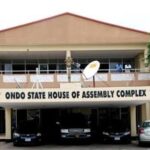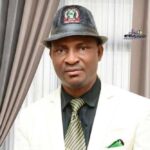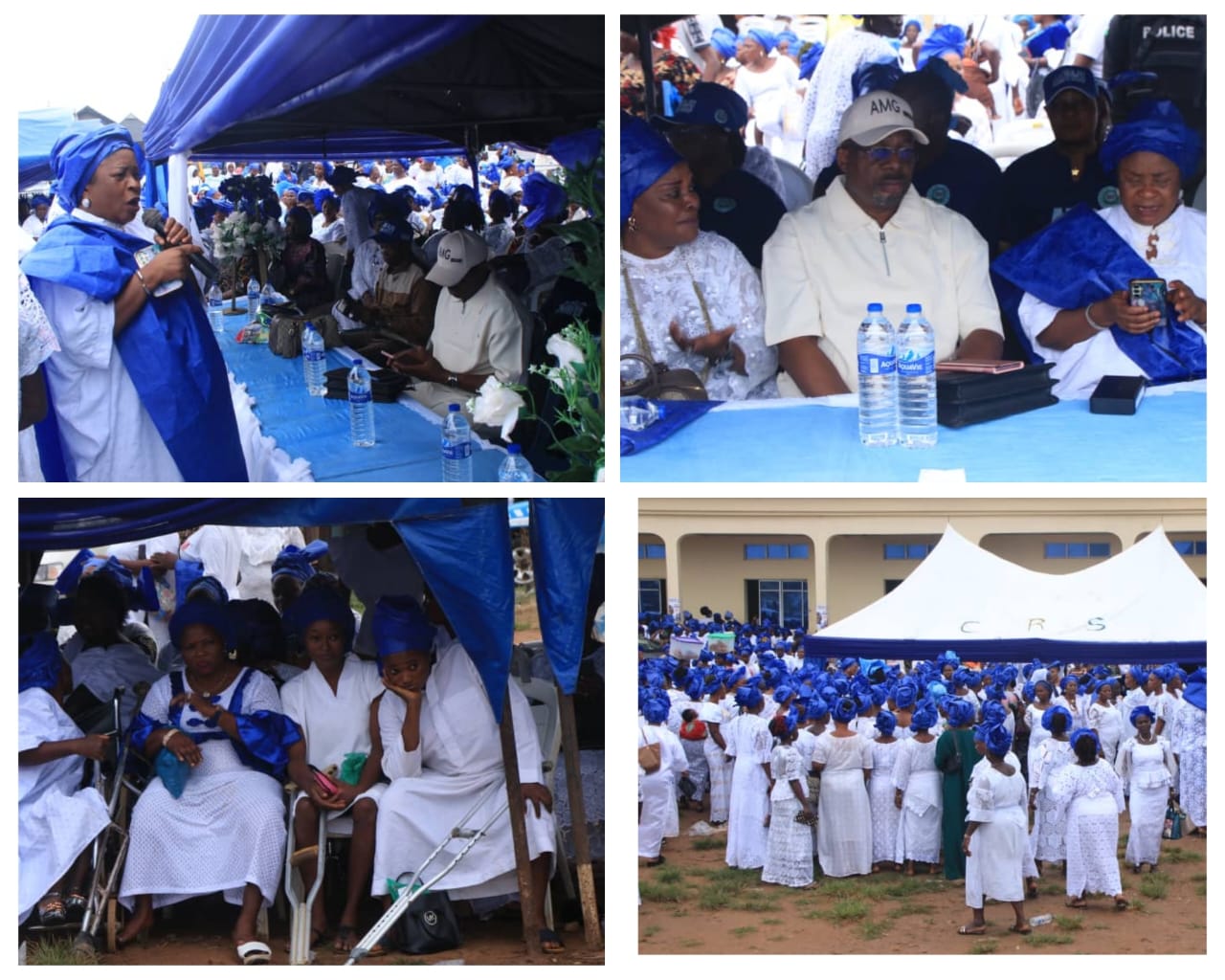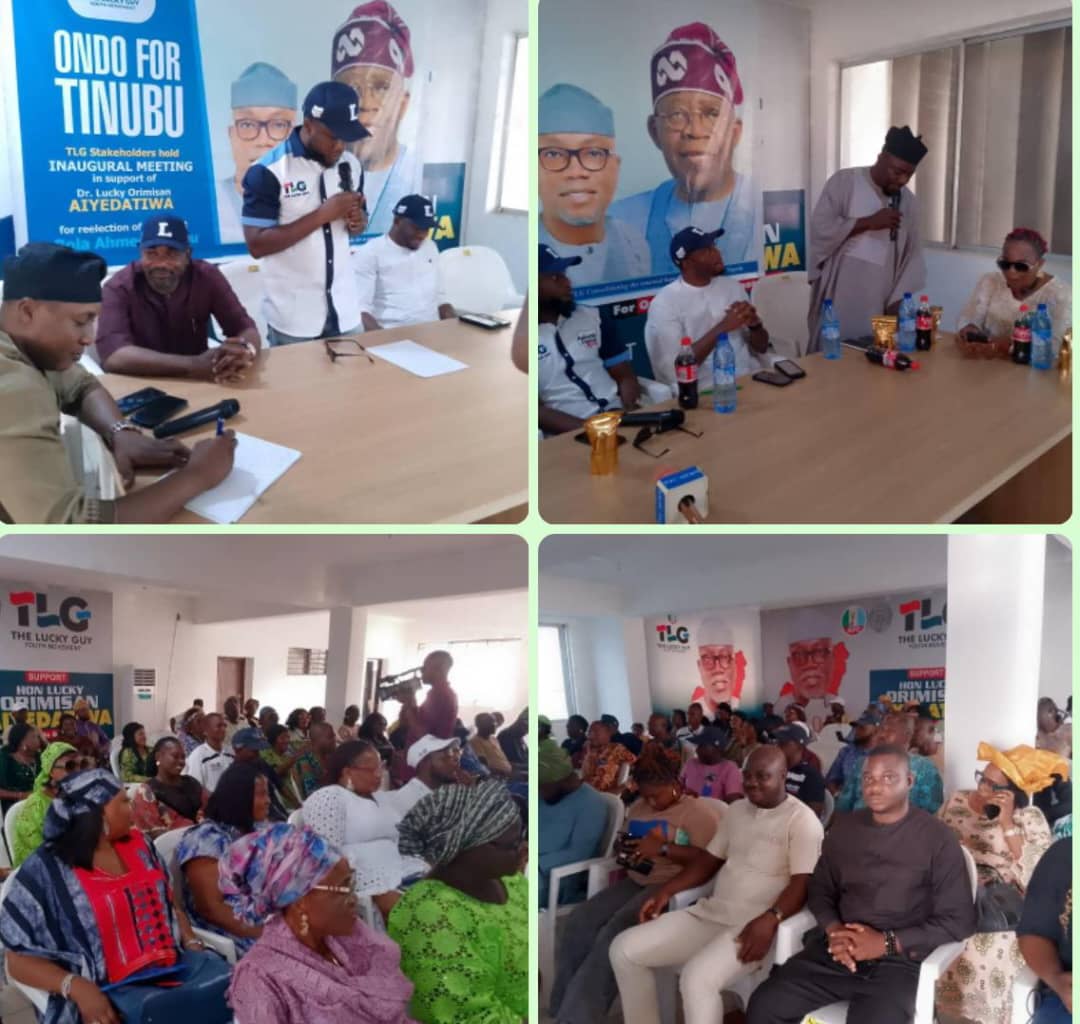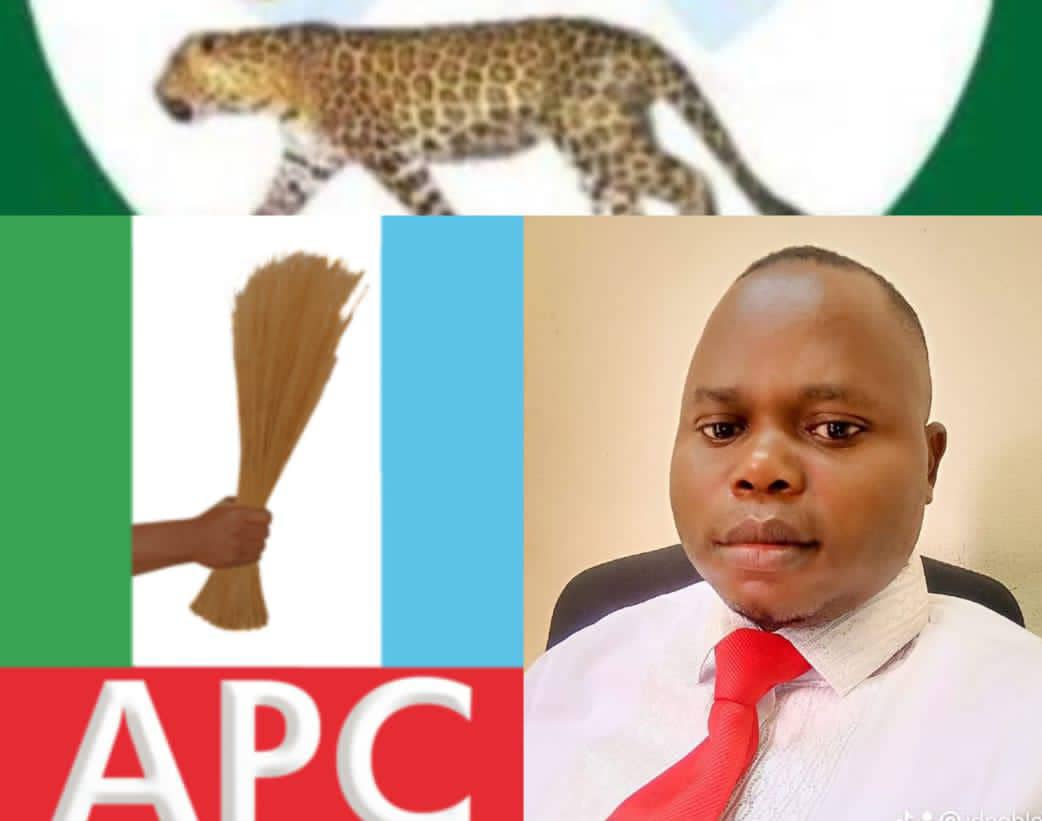The continuous rise in the prices of goods and services in Nigeria is a pressing issue that affects the economy and the people. The escalating costs can be attributed to various factors such as inflation, exchange rate fluctuations, and supply chain disruptions. These price hikes burden the citizens, especially those with limited income, making it challenging to afford basic necessities.
If this trend persists unchecked, it could have severe consequences for the economy and President Tinubu’s chances for a second term. The inability to address the rising costs may lead to discontent among the populace, affecting their perception of the government’s ability to manage the economy effectively. This dissatisfaction could translate into decreased support for President Tinubu in the upcoming election.
Furthermore, the inflationary pressure resulting from the price increments can lead to a decrease in purchasing power, reduced consumer spending, and overall economic instability. Businesses may struggle to maintain profitability, leading to possible layoffs and reduced investments. The economy may experience slower growth, hindering development efforts and exacerbating poverty levels.
It is crucial for President Tinubu and the government to implement policies that address the root causes of the price increases, such as improving infrastructure, enhancing agricultural productivity, and promoting local production. By taking proactive measures to stabilize prices and support economic growth, the government can mitigate the adverse effects of inflation and demonstrate its commitment to the welfare of the people.
Addressing the rising cost of goods and services is essential not only for economic stability but also for maintaining public trust and support. President Tinubu’s administration must prioritize tackling this issue to safeguard the economy and secure the confidence of the Nigerian population for a potential second term.
The incessant increase in the price of goods and services in Nigeria poses a significant threat to the economy and the well-being of the people. President Tinubu’s second term prospects could be at risk if this issue remains unaddressed. The effects of these price hikes are far-reaching, impacting individuals, businesses, and the overall economic stability of the country.
The rising costs of goods and services result in a higher cost of living for the citizens, making it challenging for many to afford essential items. This situation can lead to social unrest, as the populace may become increasingly disillusioned with the government’s ability to manage the economy effectively.
President Tinubu’s administration must take decisive action to curb inflation and stabilize prices to alleviate the financial burden on the people.
Moreover, the economic implications of the price increments are profound. Inflation erodes the purchasing power of the currency, leading to reduced consumer spending and investment. Businesses face higher production costs, which can result in lower profitability and potential job losses. The overall economic growth of the country may be hampered, hindering progress and development initiatives.
In conclusion, the rising prices of goods and services in Nigeria demand urgent attention and action from President Tinubu and his administration. Failure to address this issue effectively not only risks the country’s economic stability but also jeopardizes the support and confidence of the Nigerian people, potentially impacting President Tinubu’s chances for a second term. It is imperative to implement sustainable solutions to mitigate the effects of inflation and safeguard the well-being of the population.
Kolawole Akinmosun writes from Irele, Ondo State.



